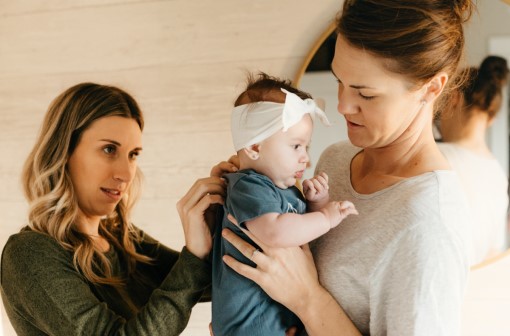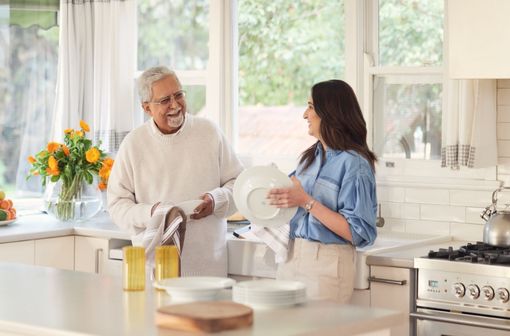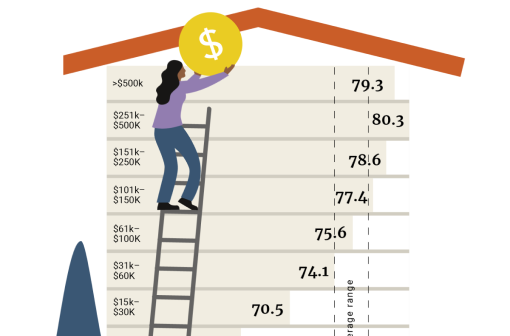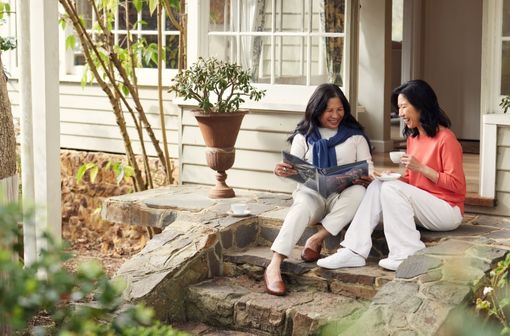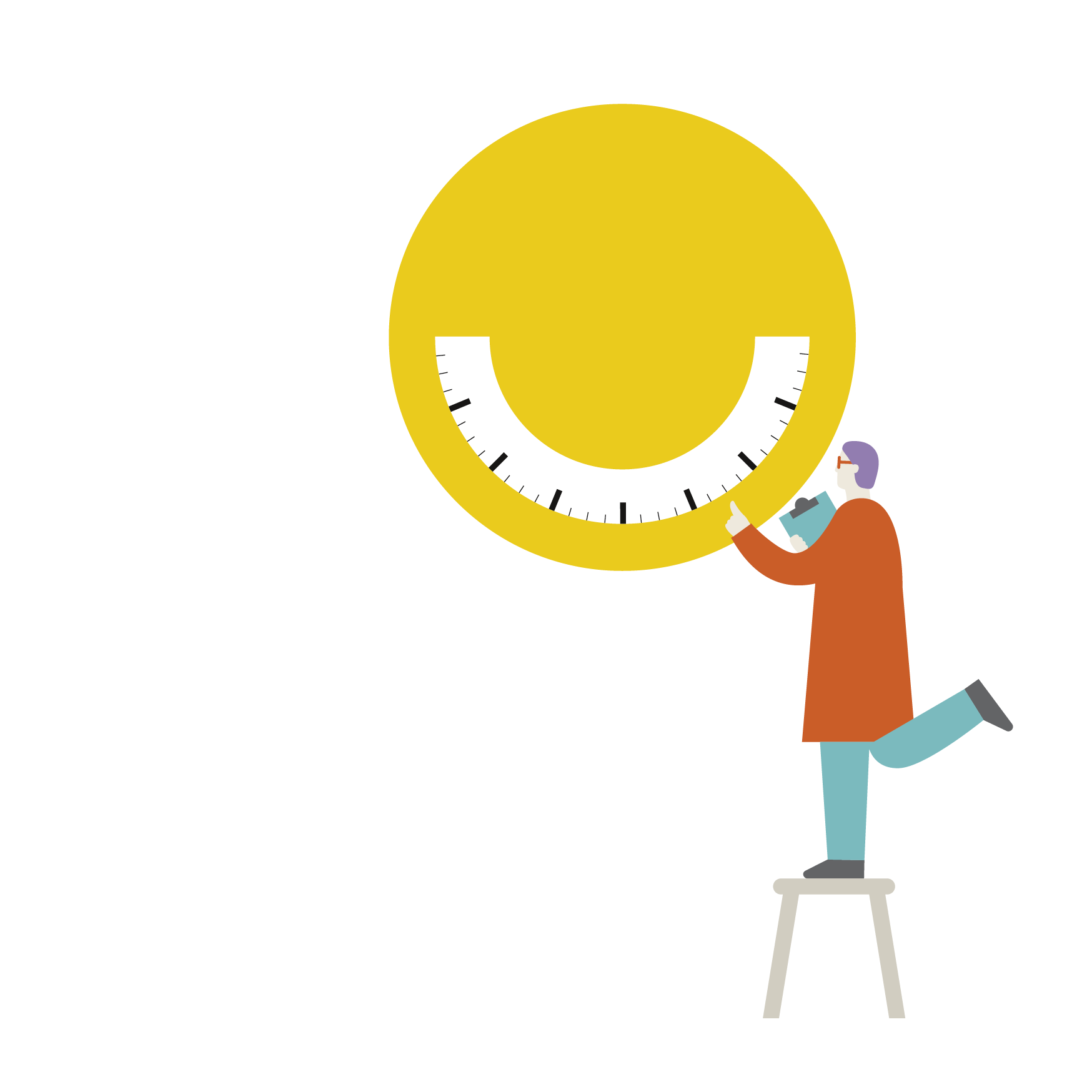“While it was normal to have concerns and anxieties during this period, it also took its toll, so it was really important to take the time to care for ourselves.”—Dr Nancy Huang, Chief Medical Adviser, Australian Unity.
Key points
- Throughout the COVID-19 pandemic, wellbeing scores at both a personal and national level remaining similar to non-pandemic years
- Despite Australians’ overall resilience, many people came out of COVID-19 faring worse than when they started.
- However, most people found a silver lining during lockdown, with 96 percent experiencing greater empathy for others.
Unprecedented times… COVID “normal”… Whatever you called it, one thing was for certain—the 2020 pandemic changed the way we lived, worked and travelled.
And wellbeing was no exception. Our overall wellbeing was certainly remarkably resilient, with wellbeing scores at both a personal and national level remaining similar to non-pandemic years and largely staying within the average range.
But we also saw some key changes in Australians’ core wellbeing domains, with satisfaction with standard of living and personal safety both increasing, and satisfaction with achieving in life decreasing to below the average range.

Despite Australians’ overall resilience, many people came out of COVID-19 faring worse than when they started.
Unsurprisingly, those who lost their jobs or suffered income loss—such as hospitality, travel and entertainment workers —experienced lower wellbeing, with scores of 75.5; in contrast, those who retained their income scored 78.0, above the average range.
Adding children to the mix made things worse. The wellbeing scores for households experiencing the stress of income loss and the added burden of home-schooling were particularly low, dropping to 69.9 for single parents.
Stress and anxiety levels also worsened during the pandemic, with people experiencing high levels of stress also having lower wellbeing. Younger adults aged 35 years and under were particularly affected by stress during this time.
Low-income households, those in full-time employment, full-time students and unemployed people were also at greater risk of lower wellbeing during COVID-19.
Despite the challenges, most people found a silver lining during lockdown, with 96 percent experiencing greater empathy for others, and the same proportion feeling grateful for the things they have life.
This feeling of gratitude was particularly notable from a wellbeing perspective, with people who reported high levels of gratitude also experiencing above-average wellbeing.
COVID-19 has undoubtedly changed Australia. While the long-term impacts are still unknown, our research means we can begin to see how it has shaped Australians’ wellbeing.



